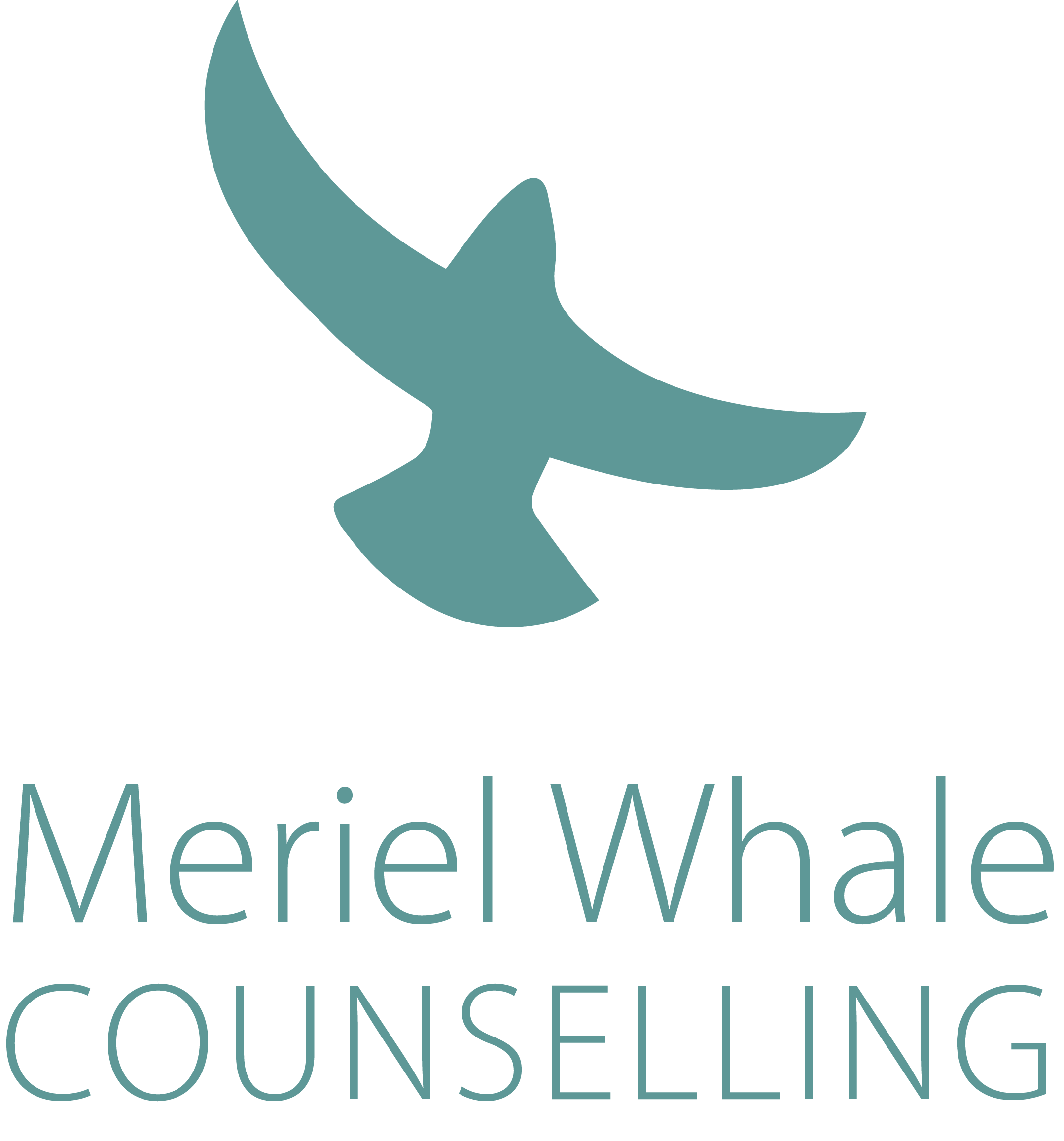Curating Your Own Christmas, coping when it is a challenge
Christmas. The most wonderful time of the year
Well, not for everyone.
Some of us aren’t able to be with our families because of rifts, arguments, estrangement or distance (both geographical and emotional). Some have been abused in the family, some of us have been excluded. Some of us need to be apart from our families at this time of year to prioritise our own wellbeing and mental health. Some of us don’t feel safe.
Some families won’t have us as we are because we’re LGBTQ+, so we choose not to go at all. Some families have rejected us for many and various reasons.
Some of us don’t have a family to be with. Some of us are bereaved, or childless, widowed or separated, or single when we don’t want to be.
Some of us have experienced trauma or loss at Christmas.
There are many reasons why Christmas is most definitely not the most wonderful time of the year, but actually one of the worst.
We are at the mercy of others’ expectations or demands, relentless advertisements that paint a picture of a perfect, unattainable Christmas, demands to spend more and more money we may not have and the weight of our family histories. We don’t want to disappoint others or step out of the well-worn tracks we have walked in for so many years, even if they don’t work for us any more, or they never have. We experience the often excoriating pain of being at a Christmas that’s not ours and takes no account of our feelings or needs.
So what can we do to curate our own Christmas, one that works for us, one we might even enjoy? To, as one definition of ‘curate’ said, ‘select, organize, and look after’ our own Christmas?
Begin with a blank canvas
What if there were no rules, no expectations, what if Christmas could be whatever we wanted?
Begin at the beginning
What history do we have of Christmas, what has worked for us, and what, most definitely, has not? As an exercise, you could try writing down these memories or ideas on post it notes or small pieces of paper. Review them, look at them, think about them. Take out what doesn’t serve you, keep what does. Alter what needs to be altered. Imagine throwing them up in the air and see what lands. In the end, you may decide to choose something that works better for someone else than you, but the difference is, you have thought about it and chosen it, it has not chosen you and dragged you, kicking, crying, screaming, in its wake.
Begin with our feelings
whatever they are. They might be painful, we might need support. But you may also be excited, cautiously optimistic, relieved, or some other feeling that is completely different. Begin with thinking about how you would like to feel on Christmas Day, in the run up to it, and afterwards. What might be enjoyable for you, relaxing, do-able?
Begin with people
Are you going to be alone or with others? This might be OK, or not OK. It may be great to be alone and suit yourself all day, or it might be deeply challenging, upsetting, worrying or lonely. Take your feelings about this as your starting point.
If you want to be alone, and it is going to be impossible, can you build in some time to be by yourself, doing what you want to do, making that a priority?
If you are terrified at the thought of being alone, can you tell someone that’s how you feel? Tell anyone, someone you know, a telephone helpline, a librarian, a GP or practice nurse, an online forum or message board, a counsellor or therapist, a colleague. Not because you want an invitation, but because it’s amazing what people know that might be going on in your local community or in an online community on Christmas Day. Places that need volunteers, places that need guests, places that open up to welcome anyone with any kind of need.
Begin with kindness
Is there someone who might be offended or upset if you do or don’t do what you always do (or is that someone you)? If it is a friend or family member, be honest, lay your thoughts and feelings out in front of them. ‘I’ve been thinking, I want to do Christmas differently this year, but I’m not sure how. I’d like it to be…and I am not so keen on…., what do you think?’ Brene Brown wrote in October 2018, ‘Clear is Kind. Unclear is Unkind.’. Begin with clearness for yourself, and then be clear with others. Let them see your thought process, your feelings and needs and where these have come from, if you feel safe to do so.
Christmas, the most wonderful time of the year
If we remove the pressure that that phrase can bring, then maybe, Christmas really could be happy, could be happy in a way that celebrates and makes possible whatever happiness means for us.

